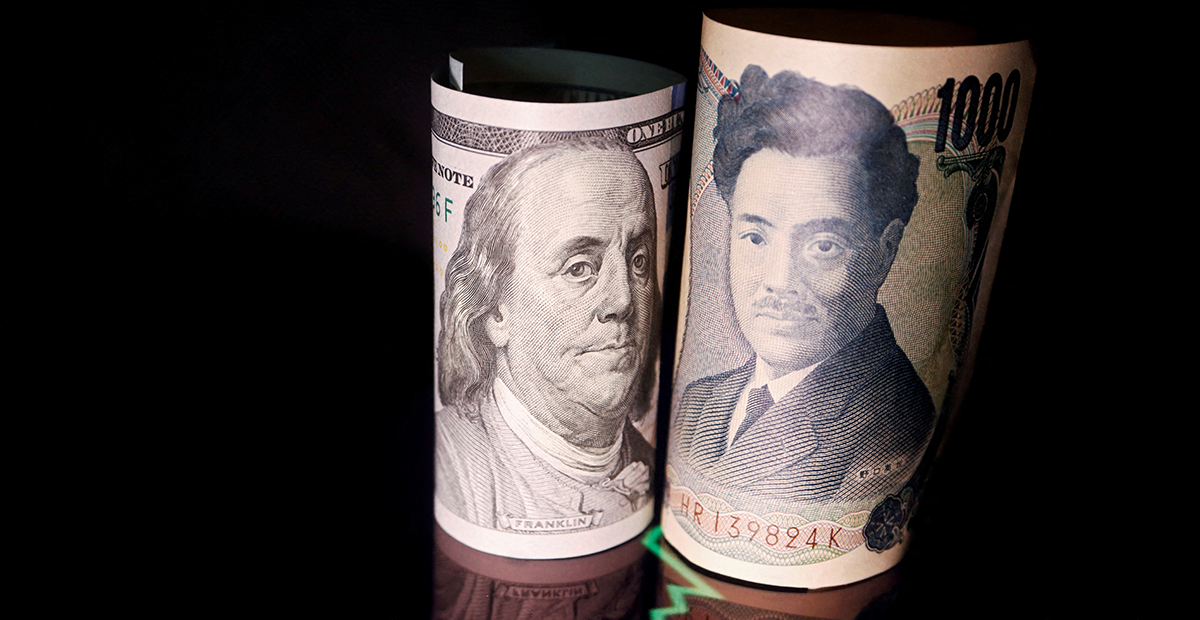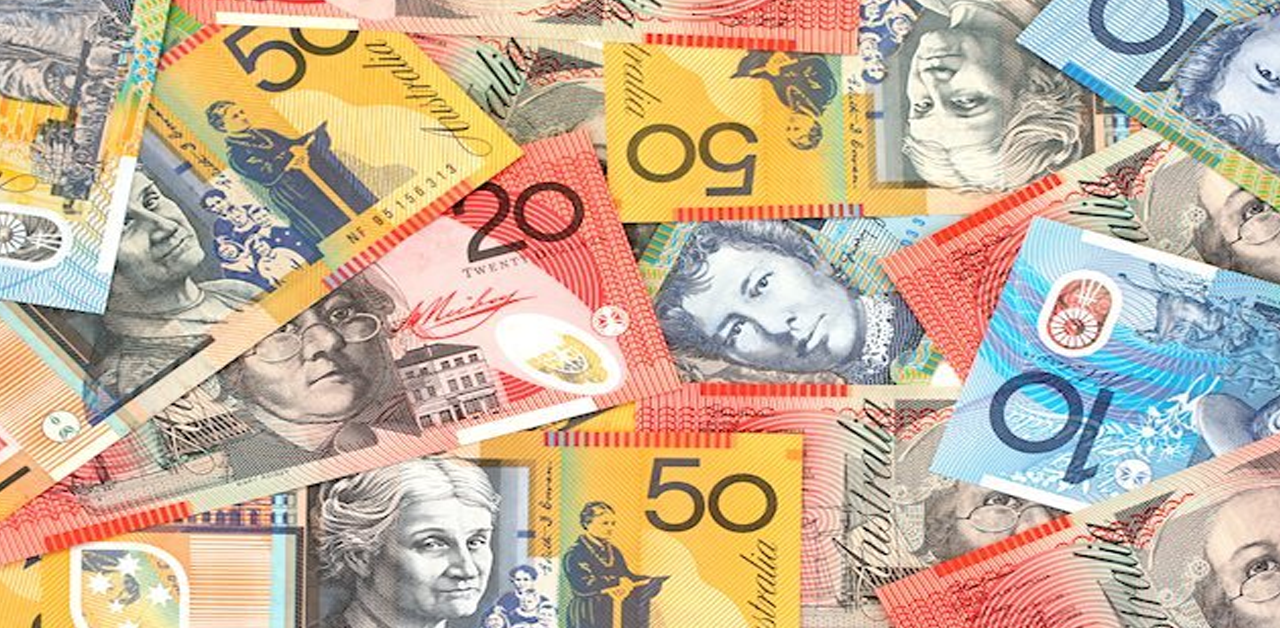Japanese Yen Nears Record Low Against USD, Remains Vulnerable
The Japanese Yen (JPY) is continuing to struggle against the US Dollar (USD), staying near a 34-year low during Tuesday’s Asian trading session. This persistent weakness is linked closely to expectations around interest rates set by the central banks of Japan and the United States.
The Bank of Japan (BoJ) has yet to signal any potential hikes in interest rates, creating a stark contrast with the US Federal Reserve (Fed), which is expected to maintain higher rates well into September, according to market predictions. This significant interest rate differential is proving detrimental to the Yen, as investors favor the higher returns offered by US assets.
Concerns are also mounting over the possibility of an intervention by Japanese authorities to stabilize their currency. Such measures are typically considered when a currency’s value deteriorates rapidly and disruptively, posing risks to economic stability.
Adding to the yen’s troubles are the ongoing geopolitical tensions in the Middle East, which have instilled a general sense of risk aversion in global markets. This environment typically benefits the dollar, seen as a safer investment, and further diminishes appetite for riskier assets like the yen.
Meanwhile, the dollar has surged to its strongest level since early November, propelled by a hawkish outlook from the Fed. Market participants are now keenly awaiting further US economic reports and speeches by Federal Open Market Committee (FOMC) members, including a scheduled appearance by Fed Chair Jerome Powell. These events are closely watched as they have the potential to influence short-term market movements significantly.
In this complex financial landscape, the dynamics between the yen and the dollar are particularly influenced by international monetary policies and global economic indicators. As Japan grapples with maintaining economic stability without raising interest rates, the Fed’s contrasting approach of potentially prolonged higher rates could keep the pressure on the yen.
Investors and traders are thus advised to monitor upcoming economic data from the US, such as employment figures and inflation rates, as well as any policy shifts signaled by Japan’s central bank. These factors could be crucial in determining the near-term trajectory of the USD/JPY currency pair and might offer speculative opportunities based on the evolving economic outlook.
As it stands, the broader consensus in the financial markets suggests a continued advantage for the dollar against the yen, barring any significant policy changes from the Bank of Japan or unexpected shifts in global risk sentiment.












